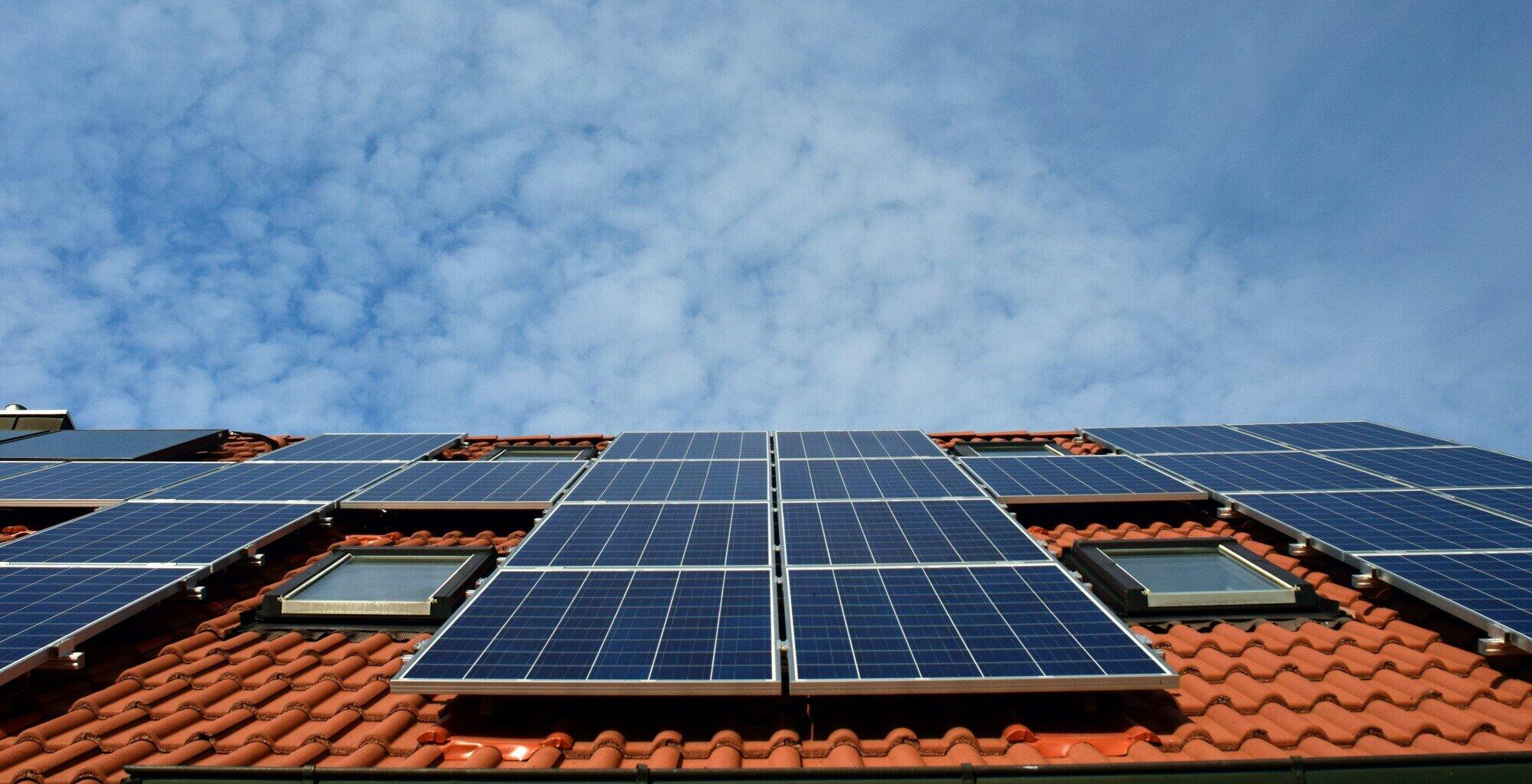
For solar hybrid inverters to work as efficiently and reliably as possible, they need the right battery. Solar hybrid inverters are at the heart of solar energy systems. They combine solar power with battery storage.
Having the right battery keeps you powered during power outages, lowers your electricity bills, and makes your inverter last longer. Batteries do differ, though.
Knowing the specifics can make the system run better. This post will talk about why the batteries you choose for your solar hybrid inverter are important. Read on!
Understanding Battery Types
Batteries that are lead-acid, lithium-ion, or saltwater are the three main types used in solar hybrid inverter systems. The first kind of battery was lead-acid. They are cheaper but need more care and don’t last as long.
It costs more to get lithium-ion batteries, but they work better, last longer, and don’t need much maintenance. Because they can be recycled, saltwater batteries are good for the environment. However, they’re not very common yet because they’re new and cost more.
Compatibility
Ensuring the battery works well with the solar hybrid inverter is key to getting the best performance and making the system last longer. If the battery isn’t a good match, it can make the system less effective and shorten its life.
It’s important to check that the battery’s power and size fit what the inverter needs. When everything matches up, the system runs smoother, has fewer problems, and could even save you money on upkeep and replacements.
Capacity
In a solar hybrid system, the battery’s size decides how long it can keep your home powered when there’s no electricity. Think of capacity like a battery’s energy tank, measured in kilowatt-hours (kWh), which tells you how much power it can store.
Choosing a big enough battery means your lights stay on even when the sun isn’t shining. It’s important to pick a battery that matches how much energy you use to make sure your system works well and doesn’t cost too much.
Cycle Life
Cycle life means how many times a battery can be fully charged and used up before it doesn’t work as well as it did when new, usually until it hits 80% of its original power. It tells us how long a battery will last and how good of a deal it is.
Batteries that last longer through more charge cycles are better because you won’t have to replace them as often. So, when picking a battery for solar hybrid systems, it’s important to choose one that will last a long time to keep things running smoothly and sustainably.
Depth of Discharge (DoD)
The Depth of Discharge (DoD) shows how much of a battery you can use before it starts to wear out. Think of it like a battery’s “useable space” shown as a percent.
Choosing a battery with a bigger “useable space” makes your solar charge controller inverter system work better and last longer. More “useable space” means you can use more energy without needing to charge it as often, making the system more efficient over time.
Charge Rates
Charge rates tell us how fast a battery can be recharged. It’s important to make sure the battery’s charge rate fits well with the solar hybrid inverter’s power to use energy efficiently.
A battery that charges quickly can help reduce waiting times when energy use is high. But, charging a battery too fast might need extra systems to keep the battery in good shape over time.
Energy Storage Capacity
Energy storage capacity is basically how much energy a battery can hold and give out. It’s super important because it makes sure your solar inverter system can power your home or business just right.
Think of it like a bigger battery that can keep things running smoothly even when there’s no sun or at night. So, when you’re picking out a battery, make sure to think about how much energy you’ll need to keep everything running just the way you like it.
Safety and Reliability
When choosing batteries for hybrid solar inverter systems, it’s crucial to pick ones that are both safe and reliable. Good quality batteries have safety features to stop them from getting too hot, short-circuiting, or overcharging, making them safe to use.
They also perform well consistently, meaning they’re less likely to suddenly stop working. By choosing a battery known for being safe and dependable, you’ll have fewer worries about upkeep and can trust your system’s reliability.
Cost Considerations
When picking batteries for solar hybrid systems, think about the costs. It’s not just about what you pay at first but also how much you save later.
Paying more upfront might mean lower bills and less spending on replacements down the line. Also, consider costs like upkeep and the chance of it not working for a bit.
Installation and Maintenance
To keep your solar hybrid inverter system working well and lasting longer, it’s important to properly install and take care of the batteries. A pro can make sure your battery works perfectly with your inverter and the type of solar panels, making everything run more smoothly.
Regular check-ups, like cleaning parts and keeping an eye on the battery’s condition, help avoid problems. Doing these things helps your system last longer, gives you steady power, and gets you more bang for your buck.
Environmental Impact
The impact that batteries for solar hybrid inverters have on our environment is really important to think about. There are greener choices out there, like lithium-ion and saltwater batteries.
They’re better for the planet because they can be recycled and they don’t have as many harmful materials. By picking these eco-friendly batteries, we do our part in cutting down the harmful gases that come from usual energy sources. For those interested in understanding the role of solar batteries more deeply, it’s crucial to explore how they integrate with solar hybrid inverters to create a resilient and efficient energy system.
Elevating Your Energy Efficiency with the Right Solar Hybrid Inverter Battery
The right battery for your solar hybrid inverter affects efficiency, reliability, and cost. Solar hybrid inverter system performance depends on compatibility, capacity, cycle life, DoD, charge rate, and energy storage capacity.
Cost, safety, and environmental impact are also factors. A good battery can improve your solar hybrid inverter’s performance and lifespan.
The success of your solar hybrid inverter system depends on choosing a battery that meets your energy needs and goals. Prioritizing these factors ensures a long-term, efficient energy solution.
Did you like this guide? Great! Please browse our website for more!




